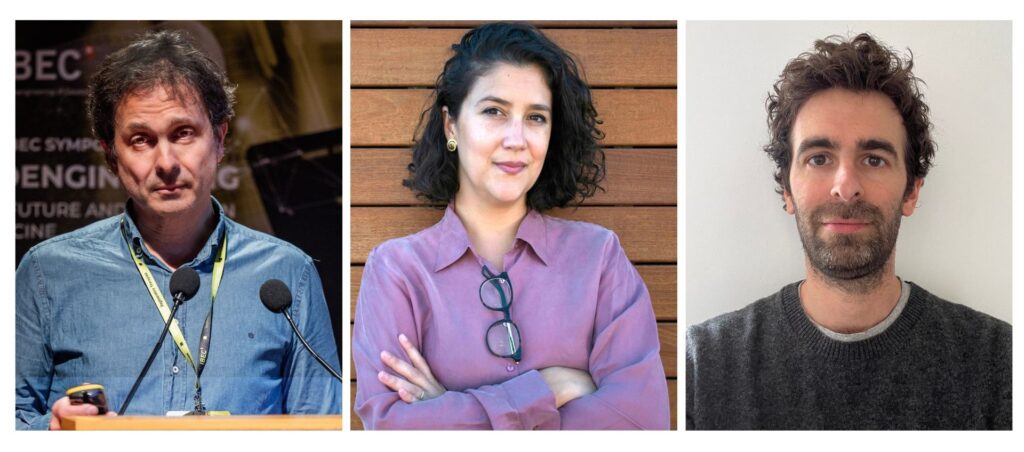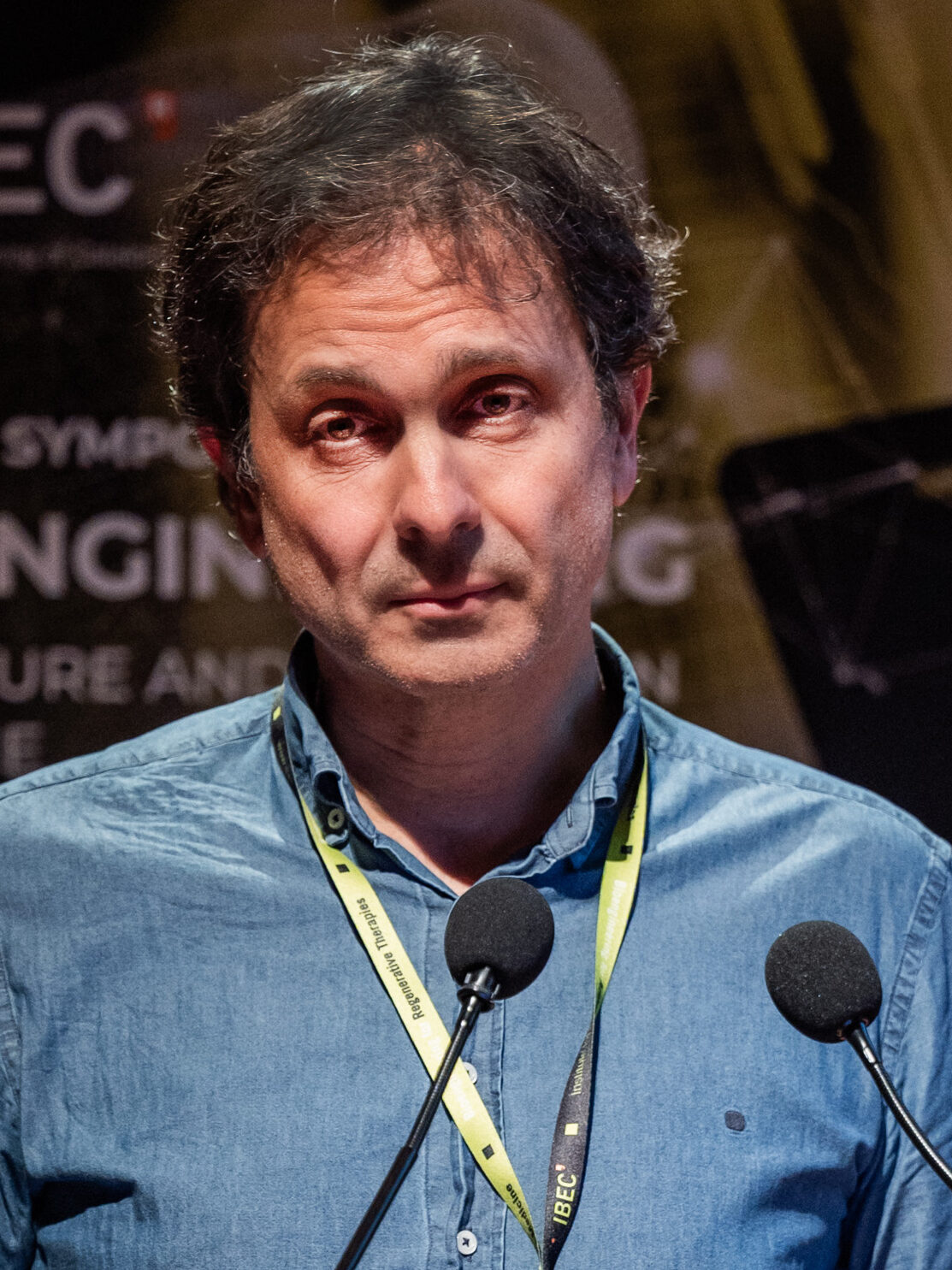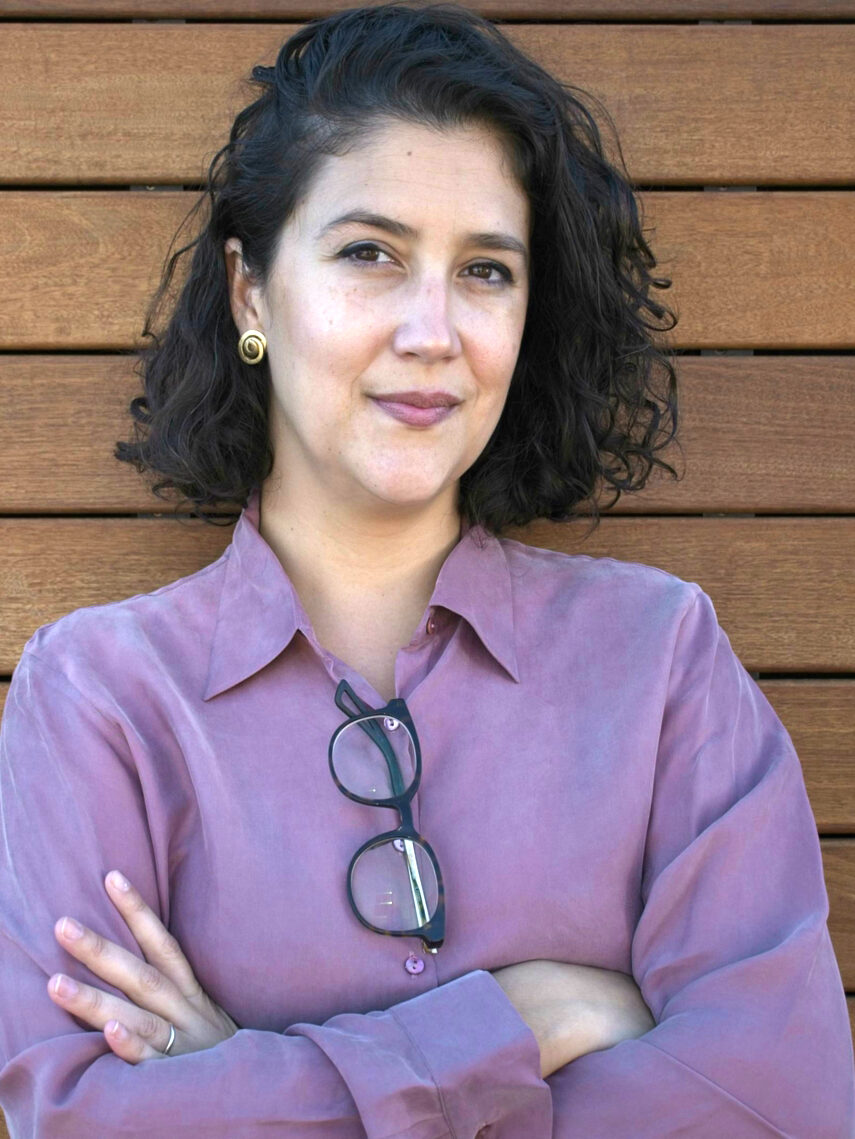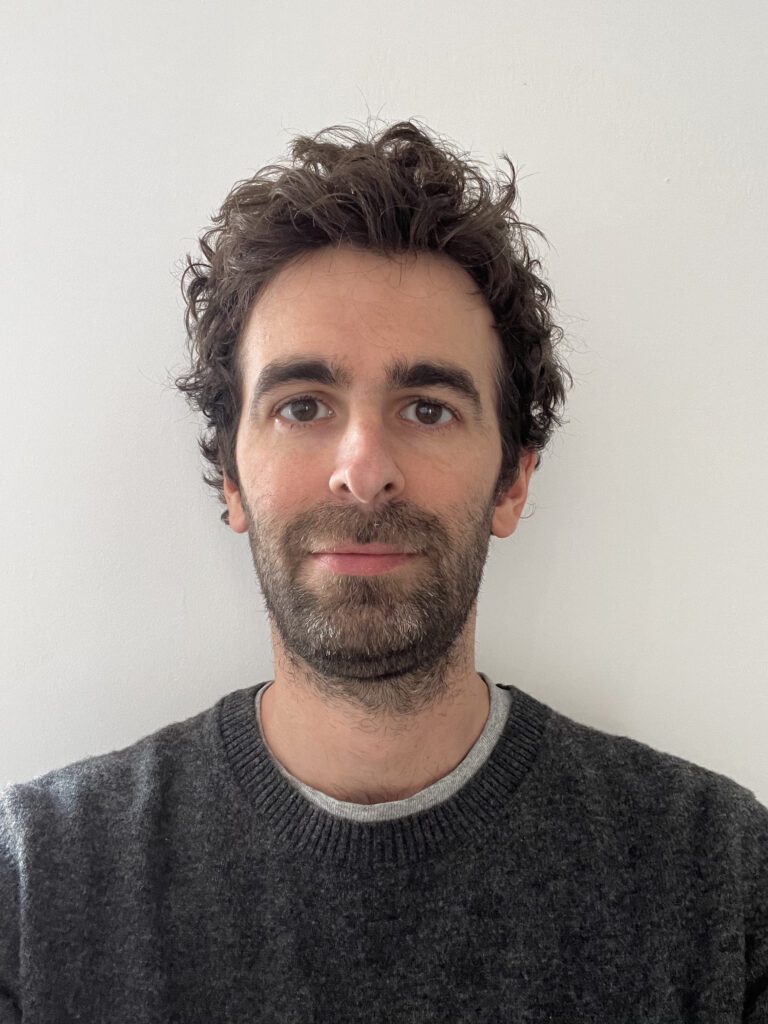IBEC kicks off 2024 with the incorporation of three new research groups led by Manuel Salmerón Sánchez, Zaida Álvarez Pinto, and Xavier Rovira Clavé. With these additions, IBEC strengthens its position in the field of advanced and emerging therapies.

IBEC welcomes Manuel Salmerón Sánchez, Zaida Álvarez Pinto, and Xavier Rovira Clavé, who have joined the institute as Principal Investigators. These researchers, selected after evaluation by the Scientific Advisory Board, will lead their respective research groups. Their arrival will contribute new perspectives and valuable insights to IBEC’s mission of shaping the present and future of medicine.
Microenvironments for Medicine

Manuel Salmerón Sánchez, an ICREA research professor with over 20 years of experience in the field of materials engineering for tissue repair and regeneration, will lead the Microenvironments for Medicine group at IBEC. The group aims to design biomaterials with controlled properties for applications in cell engineering, to support in vitro models, and as tools for mechanobiology and regenerative medicine.
Salmerón, who was a Professor of Applied Physics at the Polytechnic University of Valencia, joined the University of Glasgow in 2013, serving as the head of the Biomedical Engineering division and co-director of the Centre for the Cellular Microenvironment. In this new phase, the researcher, a recipient of a prestigious ERC Advanced grant, will balance his work at IBEC with his responsibilities at the University of Glasgow.
Biomaterials for Neural Regeneration

For her part, Zaida Álvarez Pinto, a Ramón y Cajal researcher, joins IBEC as a Junior Group Leader at the helm of the Biomaterials for Neural Regeneration group. Alvarez’s team will work to unravel the molecular processes underlying neuronal regeneration and use this knowledge to develop practical strategies aimed at repairing damaged circuits in the central nervous system.
Álvarez Pinto completed her doctoral thesis on biomaterials for brain damage repair at IBEC under the supervision of Elisabeth Engel. Later, following a postdoctoral stay, she worked as an Assistant Professor at Northwestern University. In 2022, she returned to IBEC as a researcher through a “Beatriu de Pinós” scholarship. Recently, she has been awarded a “Ramón y Cajal” scholarship, thus continuing her research into new therapies for repairing damaged spinal cords.
Spatial Biotechnology

Finally, Xavier Rovira Clavé joins IBEC as a Junior Group Leader to lead the Spatial Biotechnology group. Their goal is to develop high-throughput, spatially perturbed technologies to understand how cell clones organize spatially to drive the development of solid tumors, with the long-term goal of designing more effective cancer therapies and tools to predict clinical outcomes.
Rovira Clavé, who has spent the last 7 years working as a researcher at Stanford School of Medicine, was recently granted an ERC Starting Grant to carry out his “SpaceClones” project, promising to shed light on the complexity of the evolution of tumors.
Thus, IBEC maintains its commitment to young talent by adding two new junior group leaders. Moreover, it strengthens its position as a world leader in mechanobiology by incorporating internationally recognized talent in this field with the support of ICREA and the ERC. With Salmerón’s award, IBEC now has three ERC Advanced Grants underway.





